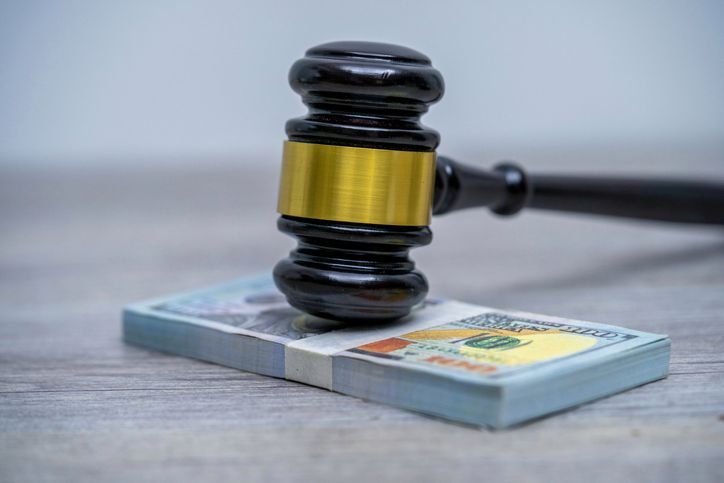Illinois Commits To Criminal Justice Reform, Becomes First State To End Cash Bail

Source: boonchai wedmakawand / Getty
Illinois made history this week, marking a crucial moment in criminal justice reform by becoming the first state to eliminate cash bail.
The bill signed into law by Governor J.B. Pritzker highlights the cash bail system which routinely and disproportionately affects Black and brown communities, who often struggle to raise the needed funds due to centuries of systemic racism. The law expands upon the groundwork laid by states like California, New York and New Jersey, which limited the use of a cash bail system.
This criminal justice package that I signed today helps make Illinoisans safer. We’re advance our values in the law, because of the passion and push of the @IllinoisLBC, activists, and residents intent on leaving a better Illinois for all our children. pic.twitter.com/VX1d9ObNJD
— Governor JB Pritzker (@GovPritzker) February 22, 2021
“This legislation marks a substantial step toward dismantling the systemic racism that plagues our communities, our state and our nation and brings us closer to true safety, true fairness and true justice,” said Governor Pritzker in a statement.
Under the new law judges will no longer be able to set cash bail for a defendant charged with a crime, The New York Times reports. During initial hearings, judges will hear evidence regarding whether or not the accused has a high probability of returning to court. If the probability is low, they will be held in detention until trial. The law will not be enacted until 2023.
The Illinois Legislative Black Caucus who spearheaded the bill and pushed for passage over the last five years, sprung into deeper action after the brutal murder of George Floyd in Minneapolis.
Attempts to thwart their efforts were enacted by a coalition of law enforcement groups and police unions who argued that the law would allow “criminals to run free while out on bail,” and lead to higher instances of crime.
The bill also includes sweeping reform in other arenas related to criminal justice including offering rehabilitation services for individuals convicted of low-level drug crimes, increasing accountability measures for police officers and requiring police departments across the state to employ body cameras.
Advocates for the elimination of cash bail point to the 2010 arrest and subsequent death of Kalief Browder, who languished in jail for over three years because his family could not afford $3,000 in bail. While imprisoned Browder suffered trauma, endured beatings, starvation and torture without ever being convicted of the crime he was accused of—stealing a backpack.
“In this terrible year, in the middle of a brutal viral pandemic that hurt Black people and Brown people disproportionately, lawmakers fought to address the pandemic of systemic racism in the wake of national protests,” Pritzker continued. “This bill was also infused with solutions from individuals most directly impacted: survivors of domestic violence, survivors of crime, and those who have been detained pre-trial only because they are poor. Today we advance our values in the law – progress secured despite the pandemic, because of the passion and push of the Legislative Black Caucus, activists, advocates, and residents intent on leaving a better Illinois for all our children.”
SEE ALSO:
Tiger Woods Recovering After Car Crash That Left Him ‘Lucky To Be Alive’
Letitia James Urges ‘Serious Reform’ After Grand Jury Declines To Charge Cops In Daniel Prude Case
[ione_media_gallery id=”3817787″ overlay=”true”]

